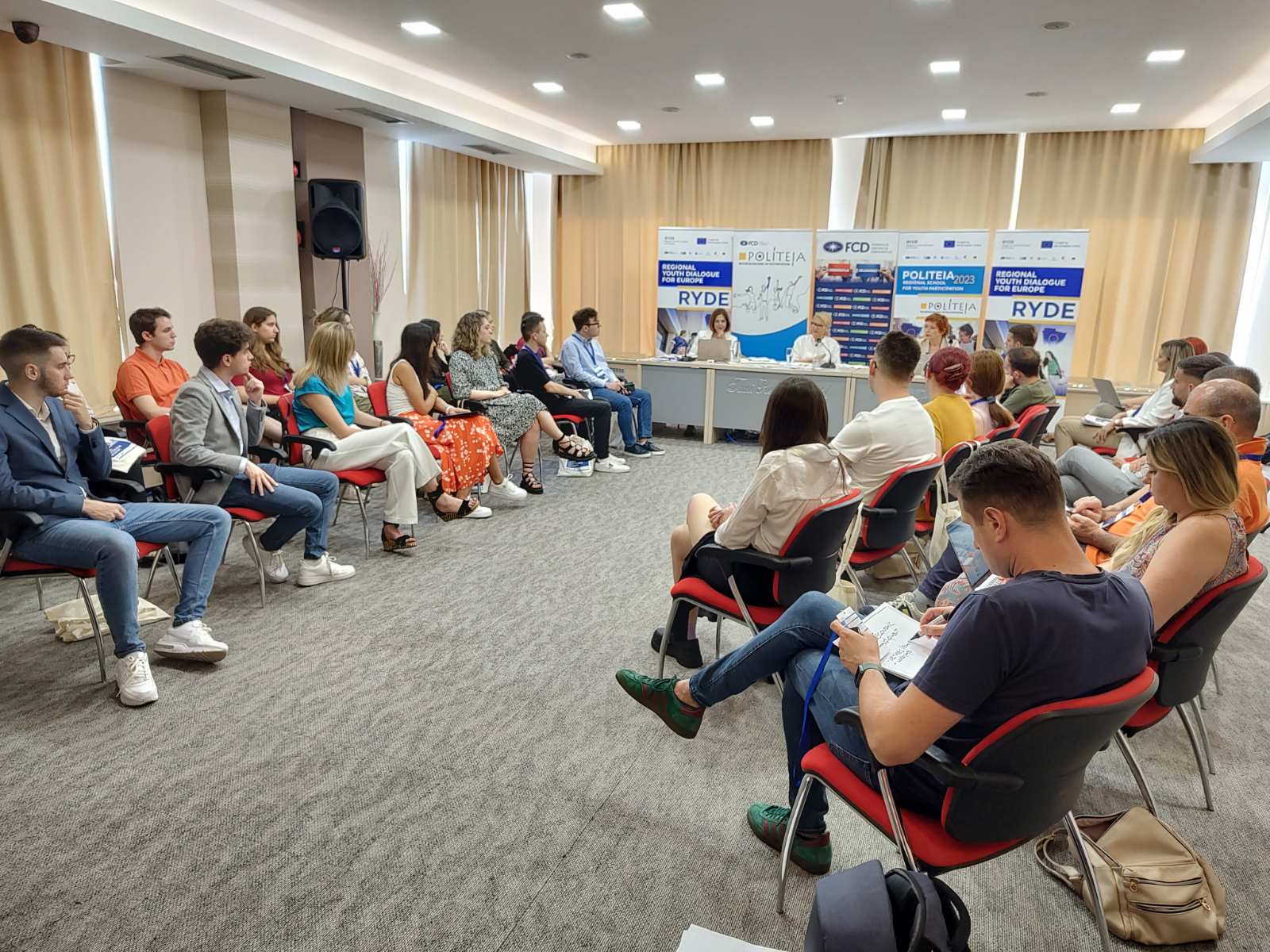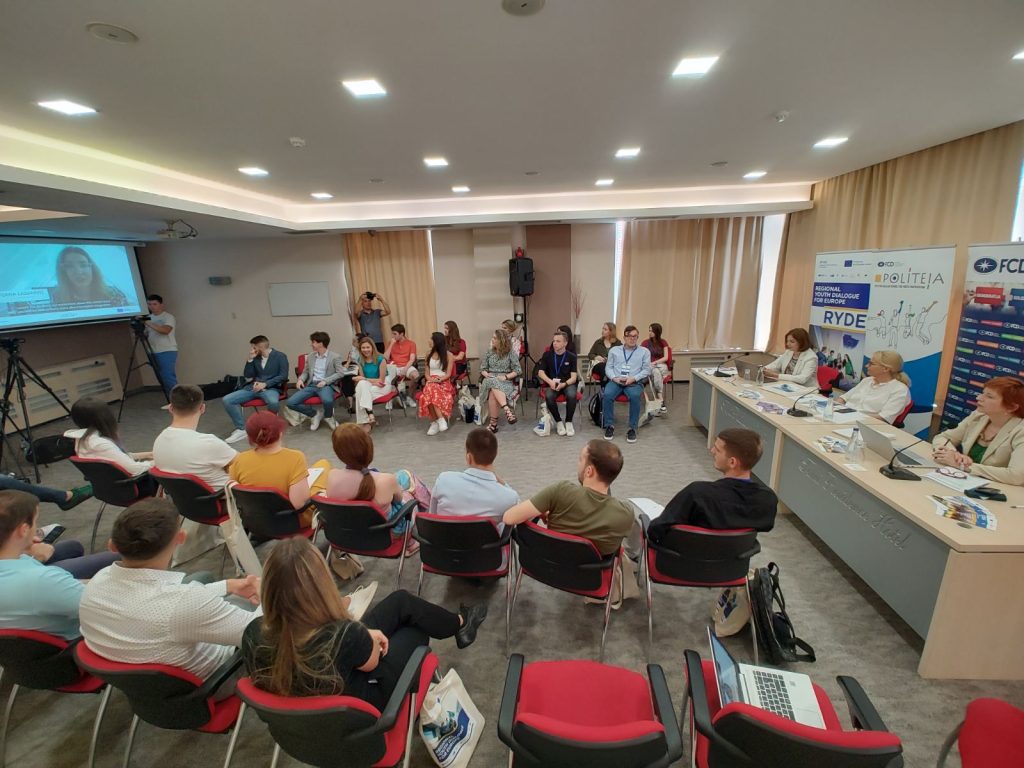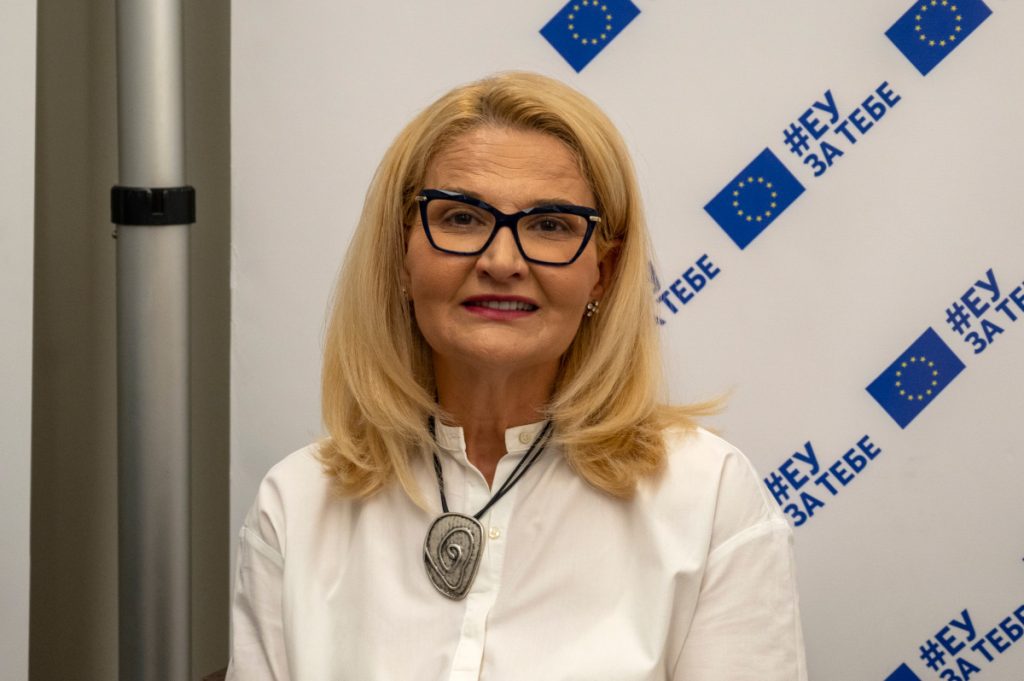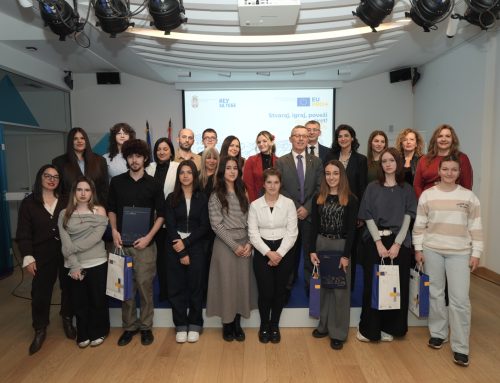In order to make smart and meaningful youth-oriented policies, cooperation between policymakers and youth is needed, based on a credible policy dialogue. This is exactly the main goal of the “POLITEIA Regional School for Youth Participation” which started in Niš and will last from July 6 to 12 with the participation of students, activists and young experts from Albania, North Macedonia, Kosovo*, Bosnia and Herzegovina, Montenegro and Serbia.
POLITEIA school is organized by the Centre for Democracy Foundation in cooperation with civil society partner organizations from the Western Balkans within the framework of the Regional Youth Dialogue for Europe project, which is implemented with the financial support of the European Union.
POLITEIA has been bringing together young people from the region since 1997 and thanks to excellent lecturers, an interactive way of working and a quality selection of participants, it gives young people the chance to work together, create projects and learn how to listed to each other. Nataša Vučković, Secretary General of the Centre for Democracy Foundation, emphasizes that value.
“We are trying to talk to these young people about things that are not talked about enough or not talked about in a way that allows listening. When we talk about tolerance, when we talk about non-discrimination, we have to learn to step into the other person’s shoes”, because according to Vučković, this is the direction of mutual understanding and solutions.
At the opening of the POLITEIA Regional School, the Minister for European Integration, Tanja Miščević, emphasized the importance of regional integration.
“These young people understand that regional cooperation and connectivity is not only there because of the conditions in the European integration process for any of our societies. It is a need. Regional economic development and economic development as a result of connection with the EU can be achieved only if we participate together. Here we come to the story of regional initiatives such as the Berlin Process and the Open Balkans. Here we have young people from the whole region who are ready to sit, learn, talk together for a week and thus gain and develop trust in each other. This is exactly what we need more of”, concluded Minister Miščević.
The EU Youth Strategy 2027 encourages all young people to engage socially and participate in democratic life. The main mechanism of EU youth participation in the decision-making process is the Youth Dialogue, which is implemented at the local, national and sub-national level in order to use their opinions and ideas. Seeking to respond to the challenges faced by young people as one of the most vulnerable population groups, the EU provides numerous mechanisms that encourage greater participation of young people and the openness of institutions to communicate with young people.
Regional cooperation is supported through various initiatives and programs such as the Erasmus+ and the introduction of the Youth Guarantee in the region. Based on the conclusions and goals of the Berlin Process, strong youth-oriented initiatives aimed at reconciliation and cooperation are supported – such as the programs of the Regional Youth Cooperation Office, but also regional projects such as POLITEIA.
“I invite you to actively participate and make your voice heard. We want to hear from you – young people in the region. Because this is about our future and the future of our continent, the future of your choice,” said Plamena Halacheva, Deputy Head of the EU Delegation to Serbia.
The European Union will continue to support initiatives that improve the quality of life and the perspective of young people in the Western Balkans and will additionally intensify cooperation with the region for successful accession to the EU.







